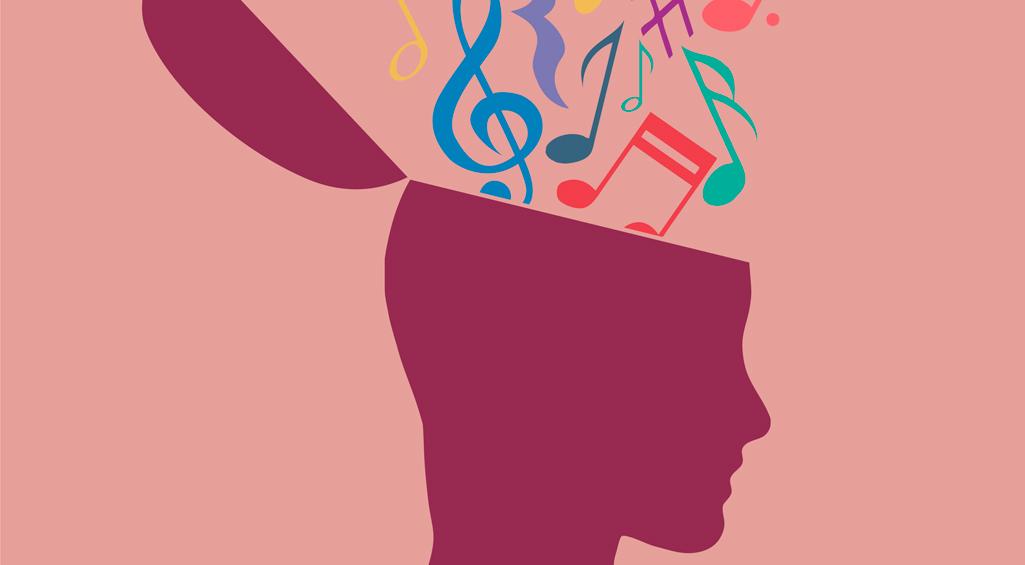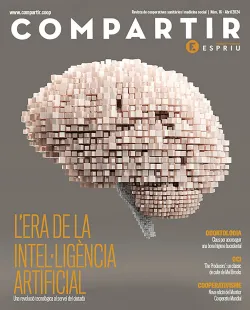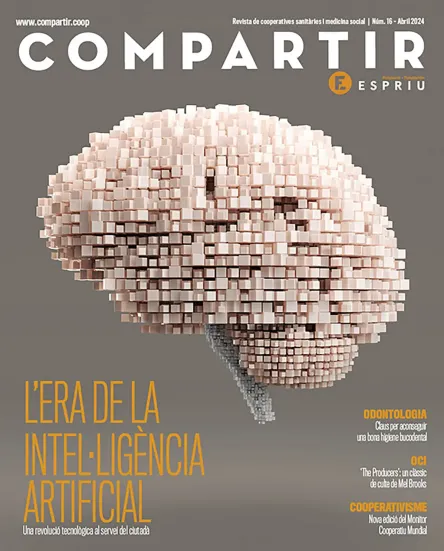
Music therapy, the new medicine
Music has a direct impact on our emotions, it improves performance in sports, it prevents the chronic inflammation generated by stress and it acts on different levels to improve diseases. Many studies endorse the scientific level of the results. A new therapy that is on the rise, with important benefits.
The Hospital de Barcelona has a Music Therapy programme for hospital patients in collaboration with the Master of Music Therapy at the University of Barcelona.
Plato, the great Greek philosopher said that music gives soul to the universe, wings to the mind, flight to the imagination and charm and gaiety to everything.
Music is this universal language that crosses borders, but which also, magically, makes a direct impact like an arrow, on our emotions. Music stimulates the mind, it calms anxiety and it improves the mood. In fact, the first documents about the influence of music on the human body appeared on Egyptian papyruses (1500 B.C.), where music was described as an agent capable of healing the body, calming the mind and purifying the soul.
We all feel the power of music in our lives, this melody that drives us to get up in the morning, the song that brings back a past memory or the one that makes get over unrequited love. Even newborn babies are sung lullabies to make them feel good. The power of music is well-known by everyone, however this is no longer just a subjective appreciation, many studies endorse, in a clear, scientifically demonstrated way that music is beneficial on many levels. Research on functional neuroimaging and electroencephalography has shown that music activates more parts of the mind than any other stimulus and it can modulate the activity in virtually all the brain structures.
The fact that high performance athletes use music in their training sessions is not only a motivation method; music has been proven to help in sport to increase resistance and to reach historic records. Images of sportsmen and women, such as Michael Phelps with headphones listening to music just before diving into the swimming pool to compete have become a normal sight. And the fact is that listening to music while we do sport can help to ‘confuse’ our brain and cancel the constant signs of fatigue. Cyclists who listen to music require 7% less oxygen to do the same training session as cyclists who do it in silence. Haile Gebrselassie, the twice Olympic Champion for 10,000 metres and holder of two world records for marathons, has repeated several times that music gives him the rhythm that fits perfectly with what he needs to reach his record rhythm.
A medicine that is not new
The World Health Organisation (WHO) defined health as a complete state of physical, mental and social well-being and not just the absence of disease. This is the reason behind music reaching Medicine. Musical therapy was started in hospitals in the Second World War. Volunteers visited hospitals to play and sing and the doctors and nurses started to see important changes in their patients. Thomas Edison advanced that doctors of the future would not give as many medicines, but rather they would make their patients become interested in the care of the human structure and also in the cause and prevention of disease. Medicine and treatments have come a long way since then, but we cannot forget that we are not only a body and that we must also look after our minds. Music therapy is a discipline that uses music for preventive and therapeutic purposes.
‘The Mozart effect’ and scientific evidence
Scientific literature is also becoming more abundant in the music therapy area. Many articles show how music affects the immune system, pain receptors, emotional anguish, heart and respiratory rates, blood pressure and chronic inflammation generated by stress. One of the first studies on this subject, which opened the door to all the research that we now have available to us, is the one known as “The Mozart Effect.” In 1993, Rauscher, a neurologist from California and his collaborators, made the surprising affirmation that after listening to “Sonata for two pianos K448” by Mozart, for 10 minutes, patients showed significantly better reasoning skills than the control group.
Since these first studies, an emerging amount of literature covers musical interventions based on evidence through scientific experiments. The harmonic work style of J.S.Bach in major keys indicated a significant increase in the levels of immunoglobulin A (the first line of defence against bacterial and viral infections.)For this reason the piece “Magnificat in D major BWV 243” by J.S.Bach has also been used to improve the immunological response of patients with pneumonia, who were recommended to listen to it for 30 minutes, for 3 days running. Therefore, we should listen to more music in our lives, training with music and putting on a melody that relaxes or motivates us most when we become ill. Let us imagine our neurons and lymphocytes dancing to Mozart, Vivaldi or Debussy. We should enjoy a simple act such as listening to music, but one that is full of countless, incredible benefits.
Dra. Yolanda Meije 
Head of the Internal Medicine Service and Infectious Diseases Unit at the Hospital de Barcelona. Yolanda Meije has a doctorate in Medicine and Surgery and a Master in Infectious Diseases. She has been a researcher at the Massachusetts General Hospital in Boston (USA). She has worked at the 12 de Octubre Hospital, the Ramon y Cajal Hospital and the Hospital Vall d’Hebron.




